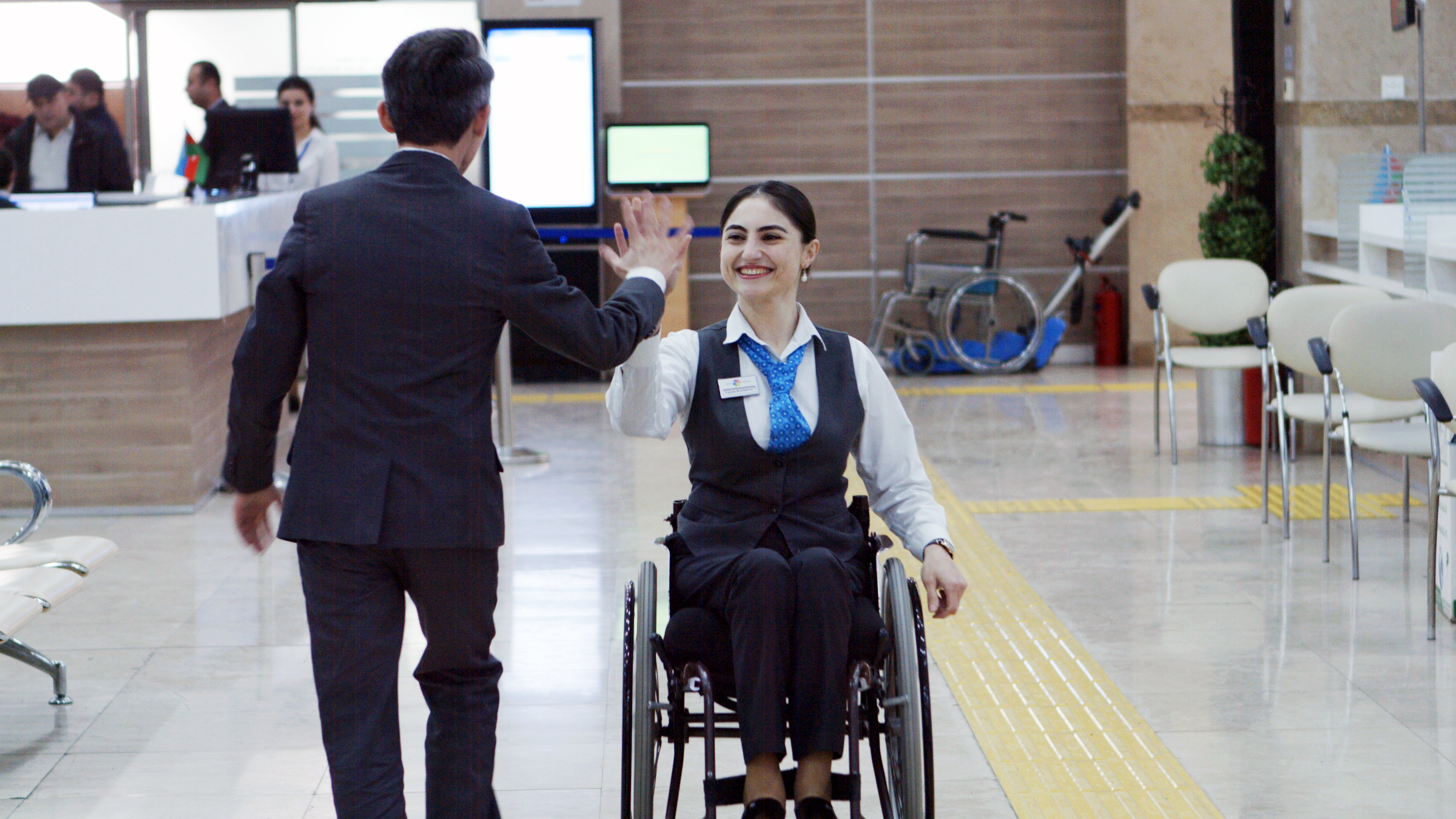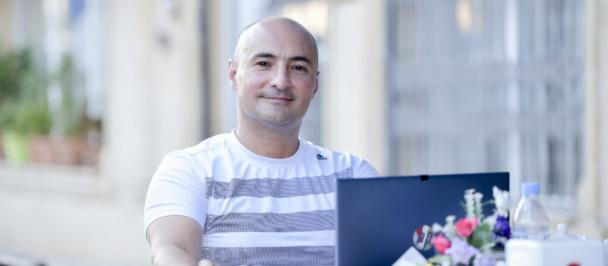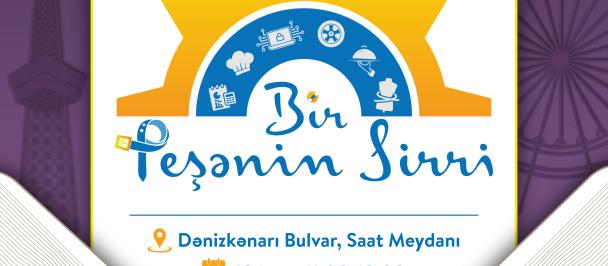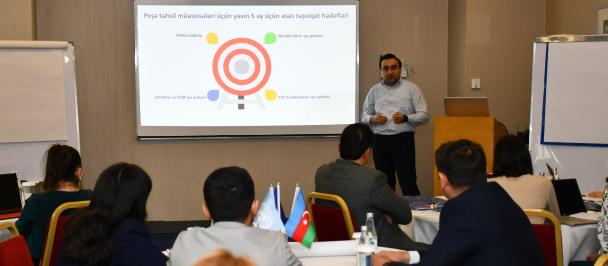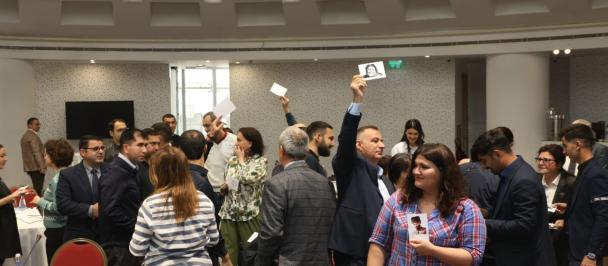Promotion of Inclusive Education Through Traditional Arts
Photo: Asan Radio
Project Summary
The project will contribute to the Sustainable Development Goal 4. “Ensure inclusive and equitable quality education and promote lifelong learning opportunities for all; Target 4.5 by 2030, eliminate gender disparities in education and ensure equal access to all levels of education and vocational training for the vulnerable, including persons with disabilities, indigenous peoples and children in vulnerable situations”.
Project objectives
| Overall objective |
|
| Specific objectives |
|
Expected Results
- Cooperation Scheme of special schools and ICTA has been established
- Curriculum is adjusted to the needs of the youth with disabilities and implemented
- Access of unemployed adults and youth with disabilities to vocational education on traditional arts and crafts have been established
- Training of trainers-instructors (ToT) in order to prepare them for inclusive vocational education is organized
- The skills and employability of the graduates of the traditional arts and crafts program are increased
- Awareness on EU best practice in inclusive education is increased
Project Accomplishments
- Cooperation Scheme of special schools and ICTA has been established
- The roles and responsibilities of each stakeholder are developed;
- The joint action plan is developed.
- Curricula are adjusted to the needs of youth with disabilities and implemented
- 6-month and one year curricula on Woodcrafts and Pottery/Decorative solution as well as 6 teaching modules are being piloted;
- Two 6 month curricula one on Simple Souvenirs of Beads and Polymer Clay and one on Simple Souvenirs of Batik and Stained Glass as well as 5 teaching modules are being piloted;
- Access of unemployed adults and youth with disabilities to vocational education on traditional arts and crafts have been established
- The construction process was completed;
- All the supplies, materials and tools were purchased; the Quality Assurance Team was established;
- Weekly online consultations with trainers, youth and parents are held;
- The first cohort of students with and without disabilities has been enrolled in September.
- The second cohort of students has been enrolled in February.
- Training of trainers-instructors (ToT) in order to prepare them for inclusive vocational education is organised
- Skills and employability of the graduates on traditional arts and crafts of the program are increased
- The first cohort of students – 26 students with disabilities and 40 students without disabilities have been split into 6 inclusive vocational arts and crafts groups (2 groups on Pottery and Decorative Solution, Two groups on Woodcrafts, One group on Simple Souvenirs of Beads and Polymer Clay and one group on Simple Souvenirs of Batik and Stained Glass) and continue their practical sessions in online mode;
- The Second cohort of students - 19 students with disabilities and 25 students without disabilities have been formed in 4 six-month groups (one group on Pottery and Decorative Solution, one group on Simple Souvenirs of Batik and Beads, one group on Simple Souvenirs of Stained Glass and Batik, one group on Polymer Clay and Stained Glass)

 Locations
Locations